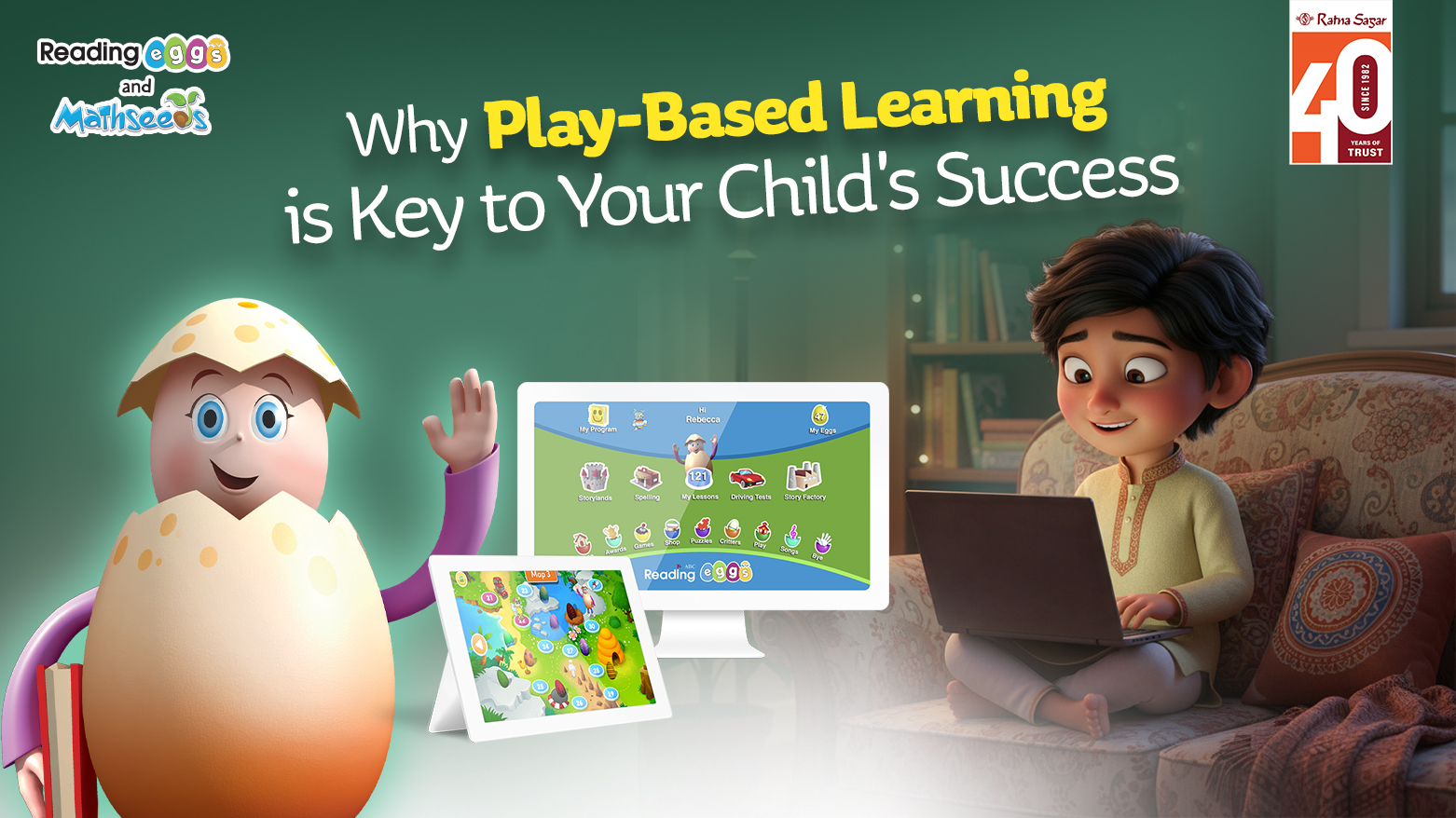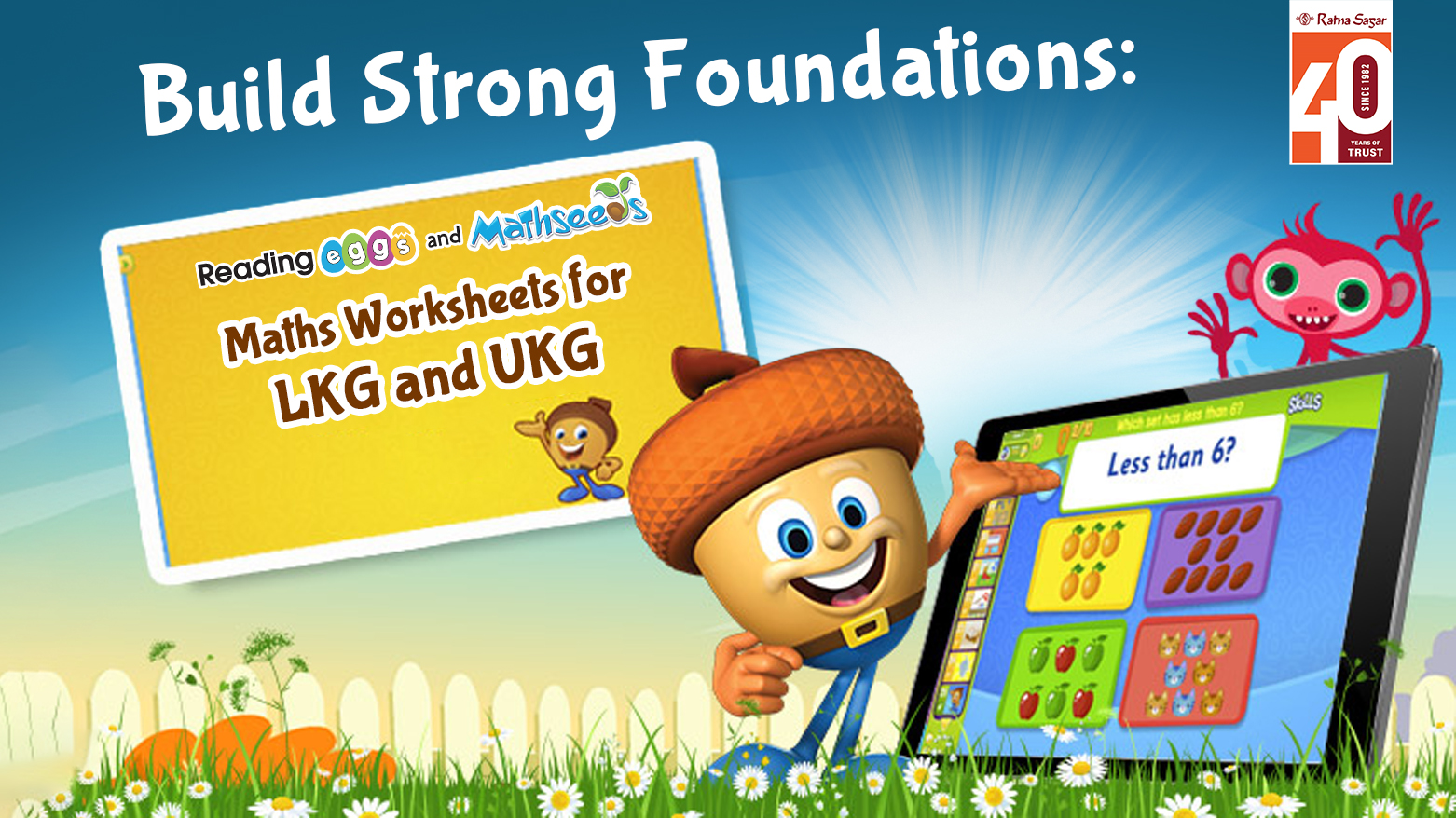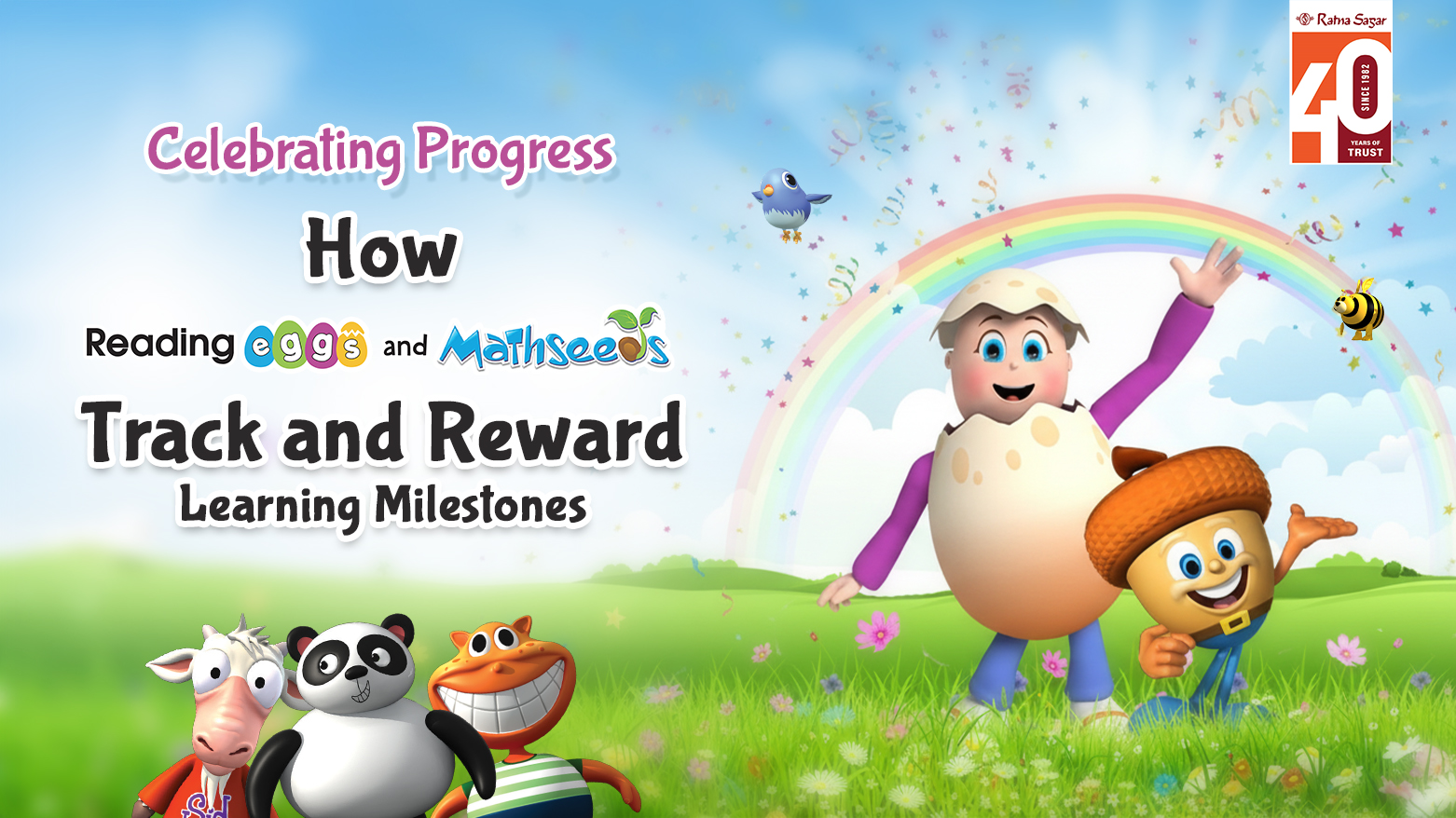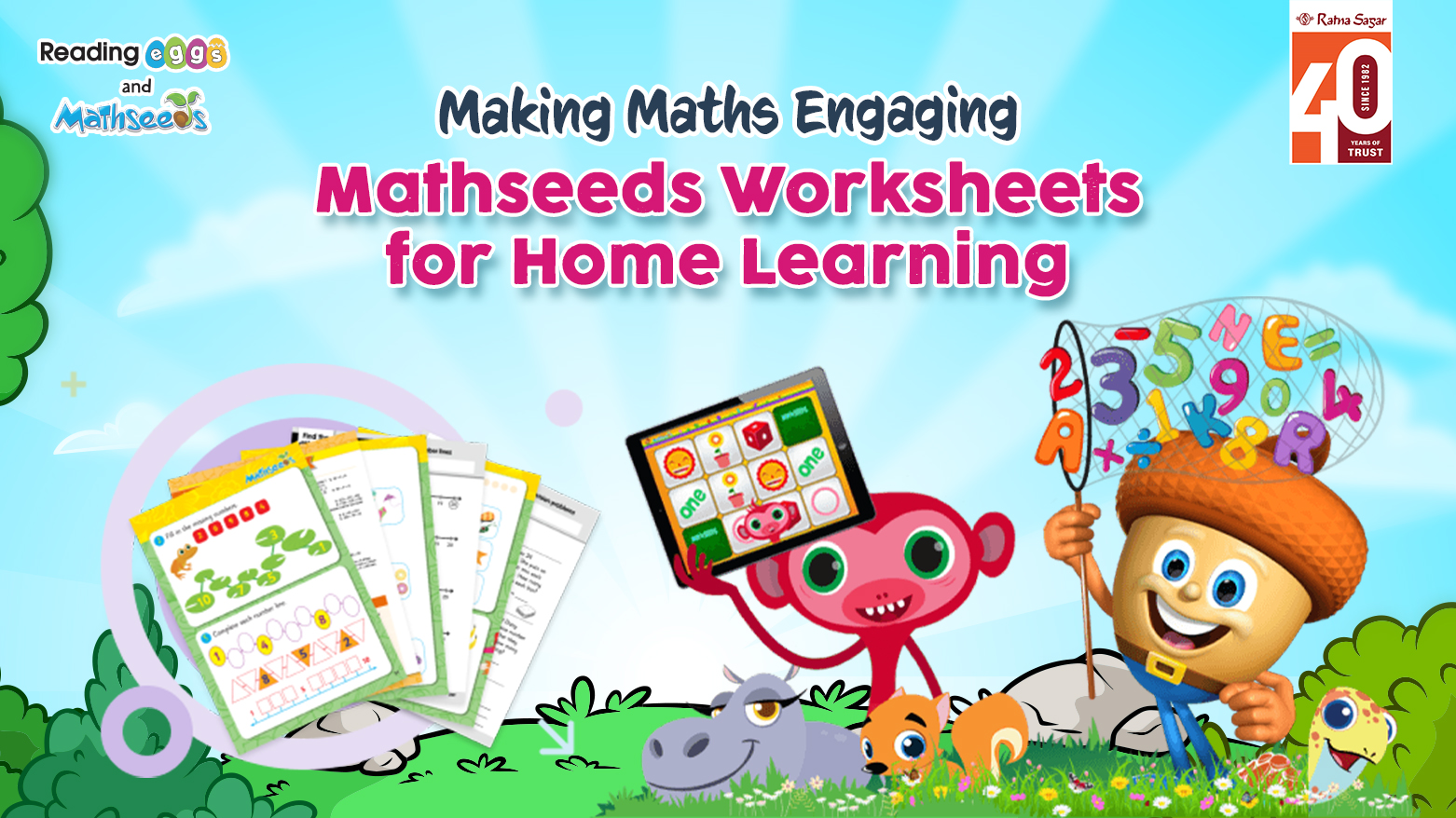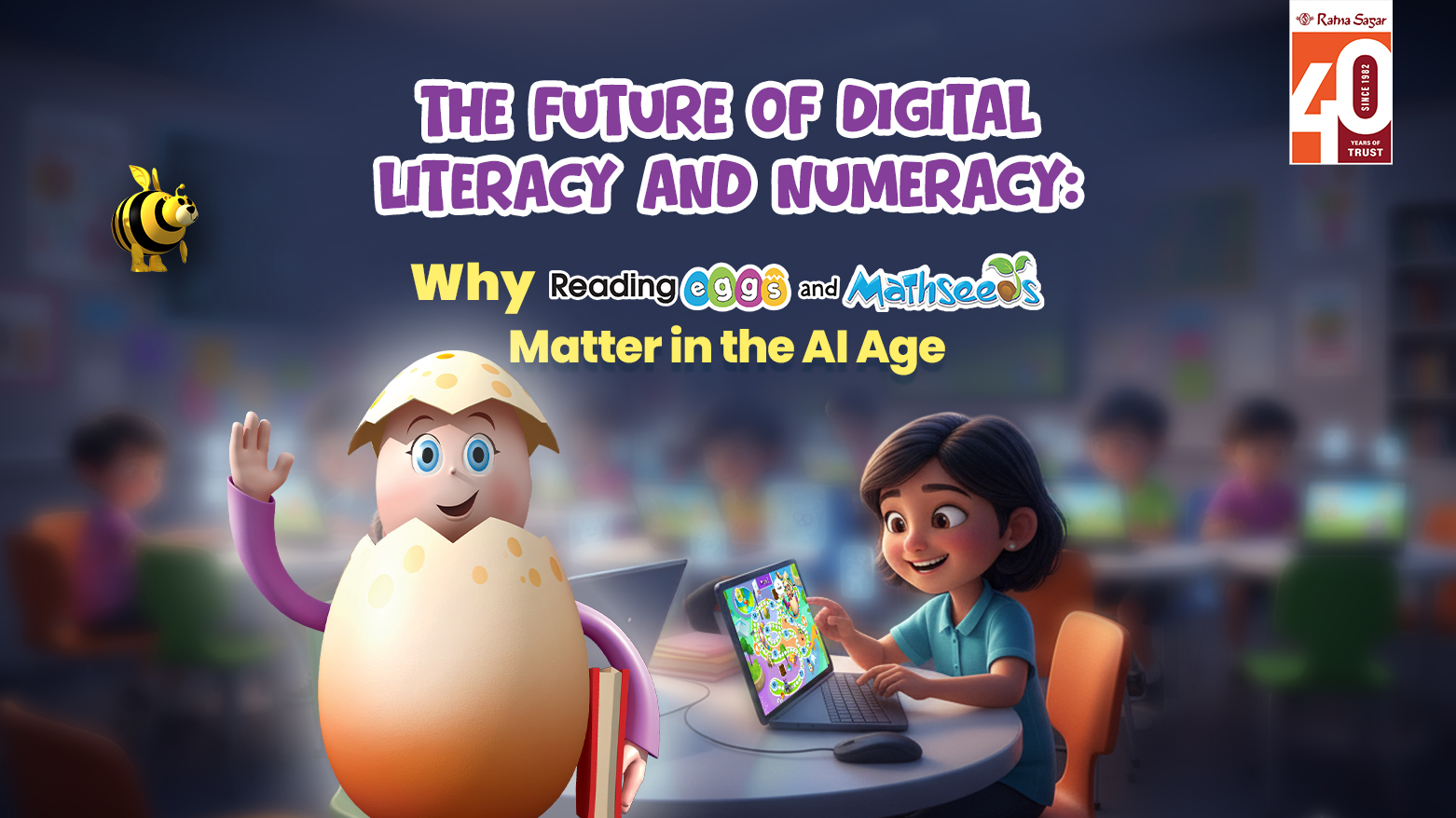Play has always been a natural way for children to explore, imagine, and learn. Today, play-based learning is gaining growing attention in early childhood education because it blends the joy of play with the development of essential academic skills. Unlike traditional rote learning, play-based approaches make education engaging, meaningful, and effective for young learners. By turning everyday activities, stories, and educational games into lessons, children can build strong foundations for the future—all while having fun.
Benefits of Play-Based Learning for Development
Play-based learning supports multiple areas of a child’s growth. While it looks like simple fun, it actually strengthens social, emotional, physical, and cognitive skills. For example:
- Cognitive Development: When children solve puzzles, build blocks, or play make-believe, they sharpen problem-solving abilities and logical thinking.
- Social Skills: Group play teaches sharing, cooperation, and communication.
- Emotional Well-being: Through role-play and games, children learn to manage emotions and express feelings confidently.
- Creativity and Imagination: Play stimulates curiosity, encouraging children to think beyond the ordinary.
This holistic development is why more educators emphasize play-based learning as a powerful step in early childhood education.
Fun Learning Through Activities and Educational Games
Children are naturally curious and learn best when they are having fun. Activities like storytelling, role-play, or board games reinforce literacy, numeracy, and problem-solving skills without making kids feel pressured. This approach turns lessons into adventures rather than chores.
For instance, fun learning through educational games can teach letter recognition, phonics, or simple math equations in a highly interactive way. A child stacking number blocks is not only playing but also building math readiness skills. Similarly, memory games or story sequencing cards improve attention span and comprehension.
By combining fun with education, play-based learning ensures children absorb skills naturally, building a strong foundation for long-term academic growth.
How Reading Eggs and Mathseeds Blend Lessons with Play
Digital programs such as Reading Eggs and Mathseeds have mastered the balance between structured lessons and playful activities.
- Reading Eggs uses interactive stories, songs, and literacy games to make reading enjoyable. Children can explore phonics, spelling, and comprehension while feeling like they’re playing a game.
- Mathseeds makes math fun through puzzles, problem-solving quests, and interactive challenges that explain concepts step by step.
Both programs ensure that learning never feels like a burden. Instead, children experience a joyful mix of play and achievement, keeping them motivated and confident. This is where educational games truly shine—making play-based learning both effective and measurable.
Turning Screen Time into Educational Support
In today’s digital age, screen time is often a concern for parents. However, not all screen time is the same. When children spend time on educational apps like Reading Eggs and Mathseeds, screen time transforms from passive entertainment into active, productive learning.
- Set screen time schedules where children engage with interactive lessons rather than just cartoons.
- Encourage playful participation by practicing together during app activities.
- Track progress reports from apps to understand areas of strength and improvement.
By making these shifts, families can use technology as a positive force in early childhood education.
Long-Term Impact of Play in Early Childhood Education
The advantages of play-based learning go beyond the preschool years. Children who start their journey with fun learning methods often grow into confident, motivated learners. They develop strong literacy and numeracy skills early, making the transition to formal schooling smoother. Further, the creativity, problem-solving, and logical thinking gained through play continue to influence their future academic success.
Integrating play with academics also nurtures a lifelong love of learning. Children realize that education is not something to fear but an exciting adventure—an attitude that benefits them well into later years of schooling and beyond.
Conclusion
Play-based learning is more than just entertainment—it is the key to unlocking a child’s full potential. By combining fun learning with structured lessons, children develop essential life skills in a joyful and meaningful way. Programs like Reading Eggs and Mathseeds demonstrate how screen time can be transformed into productive educational support, blending creativity with academic achievement.
For parents looking to help their children succeed, turning learning into play is one of the most powerful choices you can make. When children learn with joy today, they’re better prepared for success tomorrow.
